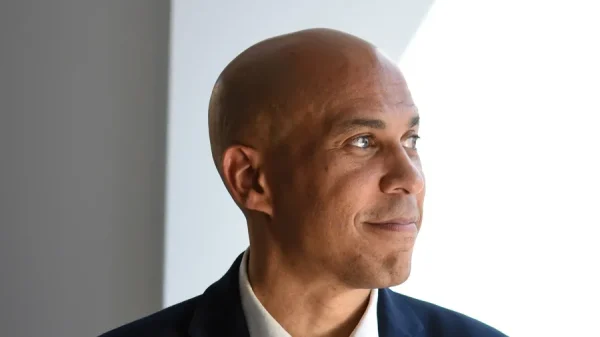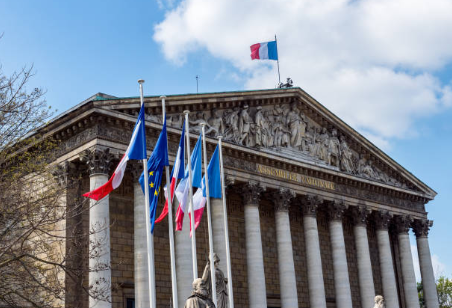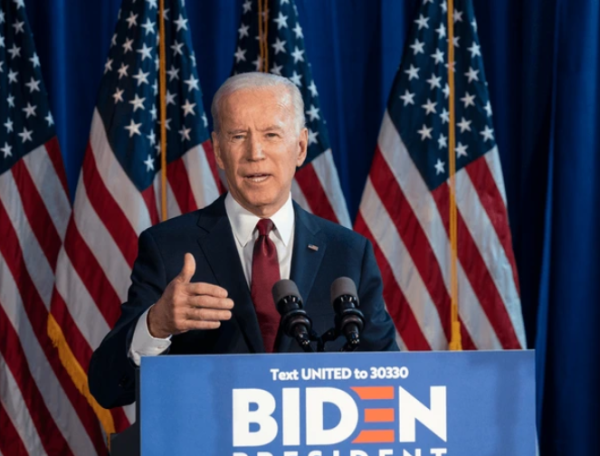Will Coronavirus Crown the Winner of the 2020 Election?
On January 21, the CDC confirmed the first case of COVID-19 in the United States. By Super Tuesday, seven weeks later, the US had 80 cases. In the process of two months, the national dialogue shifted from election intrigue to coronavirus concerns. The question this shift raises is: “How could an unprecedented nationwide shift in attention change the outcome of the impending 2020 Presidential election?”
In a basic sense, the 2020 Presidential election has already been affected. News sources are more heavily reporting on the current pandemic than developments in the election or stances of candidates. It is more difficult now than in prior years to become an informed voter with researched beliefs. In this way, the election has been impacted in that voters may be less certain of whom they would like to lend their support. With debates and rallies constantly being cancelled, it is difficult to gather knowledge of, respect for, and interest in candidates.
Similarly, almost one in four workers, in America, have been furloughed or more fully laid off, due to the pandemic. This lack of income could mean that campaigns may suffer from a lack of donations and funding.
“[From a non-partisan perspective] there are so many cases of voter suppression in redlined neighborhoods” said Anusha Chinthalapale, Poolesville alumna and political activist. “Mail and ballots aren’t being sent out in time, in-person polling places are inaccessible to low income communities and that’s definitely [affected] the direction of the election”.
Chinthalapale contends that some voters are put at a disadvantage in being fully represented, seeing as not all people have sufficient access to the funds, technology, or resources necessary to make their voices heard. To this end, the nominees chosen by each party may not be the best representation of the voting public.
Another interesting possibility concerns President Donald Trump, himself. One of the President’s main roles is that of crisis manager. Presidents are often critiqued and remembered by how they return widespread danger and panic to order; one’s entire term may be entirely defined and evaluated by how they handle whatever crises they encounter. For example, President Franklin D. Roosevelt’s New Deal ended the Great Depression, but continued his presidency. Should the public approve of Trump’s crisis management in the wake of the Coronavirus, reelection may be definite; should the public be disappointed by his handling, his incumbency may end.

Jack Rosenberg is a Senior Humanities student, in his first year at the Poolesville Pulse! Jack performs in musical theater, teaches, works as an inclusion...







